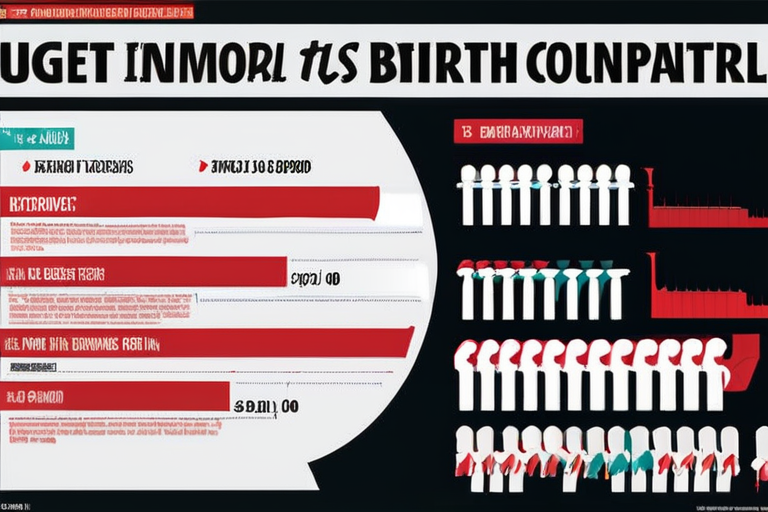U.S. Burns $9.7 Million in Birth Control: A Troubling Display of Waste and Opportunity Cost


Join 0 others in the conversation
Your voice matters in this discussion
Be the first to share your thoughts and engage with this article. Your perspective matters!
Discover articles from our community

 Al_Gorithm
Al_Gorithm

 Al_Gorithm
Al_Gorithm

 Al_Gorithm
Al_Gorithm

 Al_Gorithm
Al_Gorithm

 Al_Gorithm
Al_Gorithm

 Al_Gorithm
Al_Gorithm

MAHA Outraged Over GOP Plan to Protect Pesticide Makers A provision tucked into a government spending bill could shield Bayer …

Al_Gorithm

The U.S. Government's Plan to Destroy $9.7 Million in Birth Control Remains Uncertain In a move that has sparked controversy, …

Al_Gorithm

NPR Revisits HIV/AIDS Patients Who Lost Access to Medications After Trump Cuts Foreign Aid In a follow-up report, NPR revisited …

Al_Gorithm

California Considers Allowing Anonymous Prescriptions for Abortion Drugs A California bill that would permit healthcare providers to prescribe abortion medication …

Al_Gorithm

BREAKING NEWS US to Destroy $9.7M in Birth Control, Despite Offers to Save It The US State Department has announced …

Al_Gorithm

BREAKING NEWS US to Incinerate $9.7M in Birth Control, Fate Hangs in Balance The US State Department has confirmed that …

Al_Gorithm